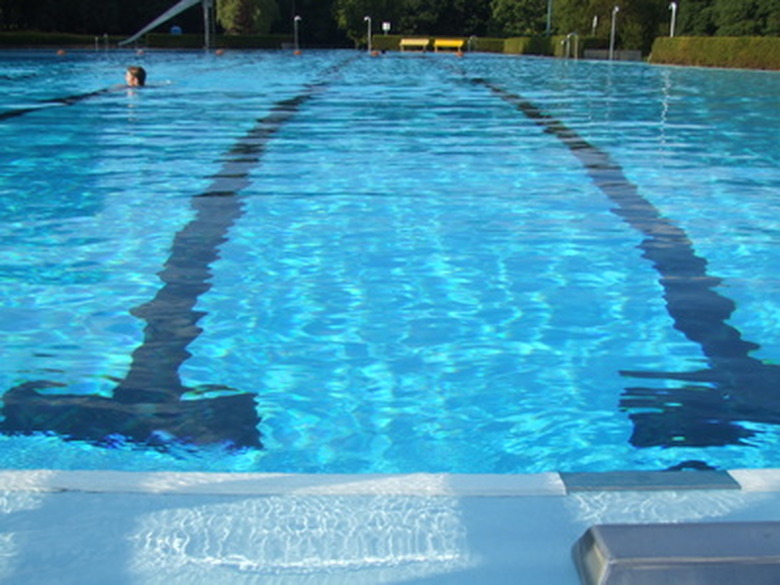What Is Calcium Chloride For Pools?
Calcium chloride for pools is a chemical compound used to maintain pool health. Pool water can be 'hard' water, or 'soft' water, depending on the dissolved mineral content. Calcium chloride balances the water.
What is Calcium Chloride
Calcium chloride is a salt compound of calcium and chlorine. It is a byproduct of the Solvay process. Limestone also provides calcium chloride. Calcium chloride has many uses–from efficient moisture absorber to pool water balancer.
Calcium Chloride for Pools
The environment influences pool water–from leaves swirling down, to the swimmers, to airborne dust particles. All this affects the quality of the water, thus the need for constant cleaning and filtration. In addition, the water should have a proper balance of acidity, alkalinity and calcium hardness. Calcium chloride maintains the calcium hardness.
Hard and Soft Water
Hard water is water over-saturated with calcium and magnesium. This excess calcium settles on the pool surfaces creating rough spots. It looks like crystallized, whitish scale and feels like a rough spot. Soft water is low in calcium carbonate–it is under saturated. Here the water becomes corrosive in its attempt to obtain the calcium. It pits pool surfaces and corrodes pipes and fixtures.
Correcting Pool Balance with Calcium Chloride
You can correct both hard and soft water conditions. If the pool water is under saturated then add calcium chloride to bring the level in balance.
If the pool water is hard then you have to reduce the amount of calcium chloride in the water to balance it.
How to Use Calcium Chloride in Pools
The proper way to perform the addition of calcium chloride is to add a little at a time. Wait for it to dissolve, (about four hours) and then test the water. Add more only if needed. Thus, you do not over saturate the water.
There are three ways of reducing the amount of calcium chloride. You can dilute the pool water with fresh water, or add sequestering agents that keep the calcium in suspension. In extreme cases, you may have to drain the pool completely. The recommended hardness range is 200-400 ppm. Test weekly for the hardness level.
